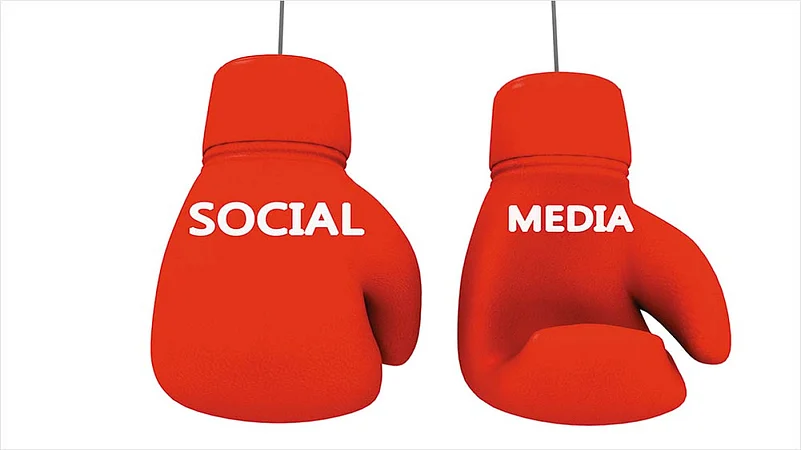The past few weeks have been rather tumultuous on social media. It started with Twitter’s permanent ban on Donald Trump on January 8, and quickly extended to other forms of social media like Facebook, YouTube, Snapchat, Reddit, Twitch and even Shopify. Recently, in India, on the instruction of the ministry of electronics and IT (MeitY) numerous Twitter accounts were banned. They were subsequently restored by Twitter, though MeitY remains unhappy with this action. Then there is the ongoing GameStop saga, fueled mostly by Reddit users where retail investors took on hedge funds in a classic David and Goliath fashion.
The rapid succession of these events suggests that it is time to reflect on the future of social media—both in terms of lessons learned and what this might portend for the future. While some have imagined that Twitter has a leftist bias because it suspended Trump’s account, here it has followed the diktats of MeitY and suspended the accounts of many who are perceived to be leftist. In fact, the only thing this reveals is that social media platforms like Twitter do not take sides, they do what is necessary to preserve their stock value and satisfy their shareholders. Trump’s account was suspended only after he had lost the election and what happened in India was only at the behest of the government.
ALSO READ: War Of Angry Birds
The next lesson is that there is a need for regulation. It is true that when we set up a social media account, we accept their terms and conditions, and the platform reserves the right to suspend our account for violating these rules. However, it is worth noting that there are no further consequences like official prosecution that would happen automatically if regulations existed. Second, the lack of regulation also makes things quite ad hoc and provides arbitrary power to someone. In the case of Trump, power was in the hands of the social media companies—regulatory guidelines would have helped him appeal his case with ease. Similarly, if there were clear regulations in India it would not have been easy for MeitY to pressurise Twitter to suspend accounts.

When it comes to information dissemination, broadcast and print media are different from social media. Much of it is paid subscription, and information is broadcast to every paid subscriber. Social media, however, involves bilateral sharing of information and is largely free today. While print and broadcast media operate under well-established regulatory frameworks, social media is really like the wild west! The GameStop episode clearly highlights a need for regulation. We have rules about how hedge fund managers can interact with each other and what kind of information they can share. However, there are no rules barring individual investors colluding the way they did on Reddit. We are not proposing that conversations on social media should be regulated—it has become necessary to define what constitutes “market manipulation” on social media. We believe that what, when and who to deny access to their platforms should not be left to the whims of the social media giants. Instead, we need guidelines that social media platforms should abide by instead of taking actions only when it suits them.
On a more speculative note, we believe social media has reached a new stage in its evolution—the future will bring polarised social media. This has already happened with print media and broadcast media (MSNBC vs Fox News or closer home Republic TV vs NDTV). These rumblings had already started a while ago. Wherever governments have banned social media platforms, microblogging has been the alternative for protesters. More recently, we saw the emergence of Parler—a social media platform catering to the right-wing elements in the US. Going forward, we expect that capitalism will once again provide the consumer with choices—this time, regarding social media platforms, consumers will choose the one they prefer. We can expect the rise of tribalism and more pronounced echo chambers where biased opinions will only get amplified. Ultimately, we will have more choice but will listen less to the others!
ALSO READ
(Jha studies social media and teaches finance at Le Moyne College. Sarangi teaches economics at Virginia Tech and his book The Economics of Small Things was recently published by Penguin. Views expressed are personal)





















